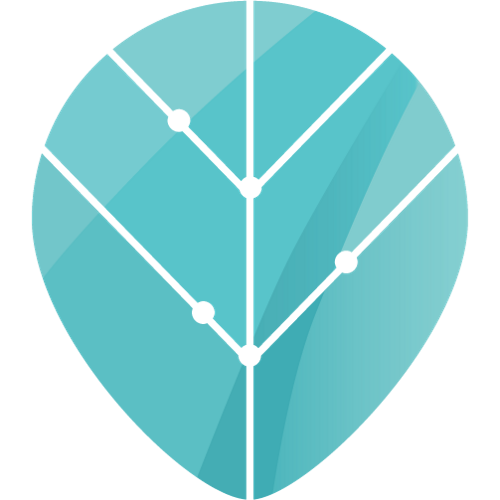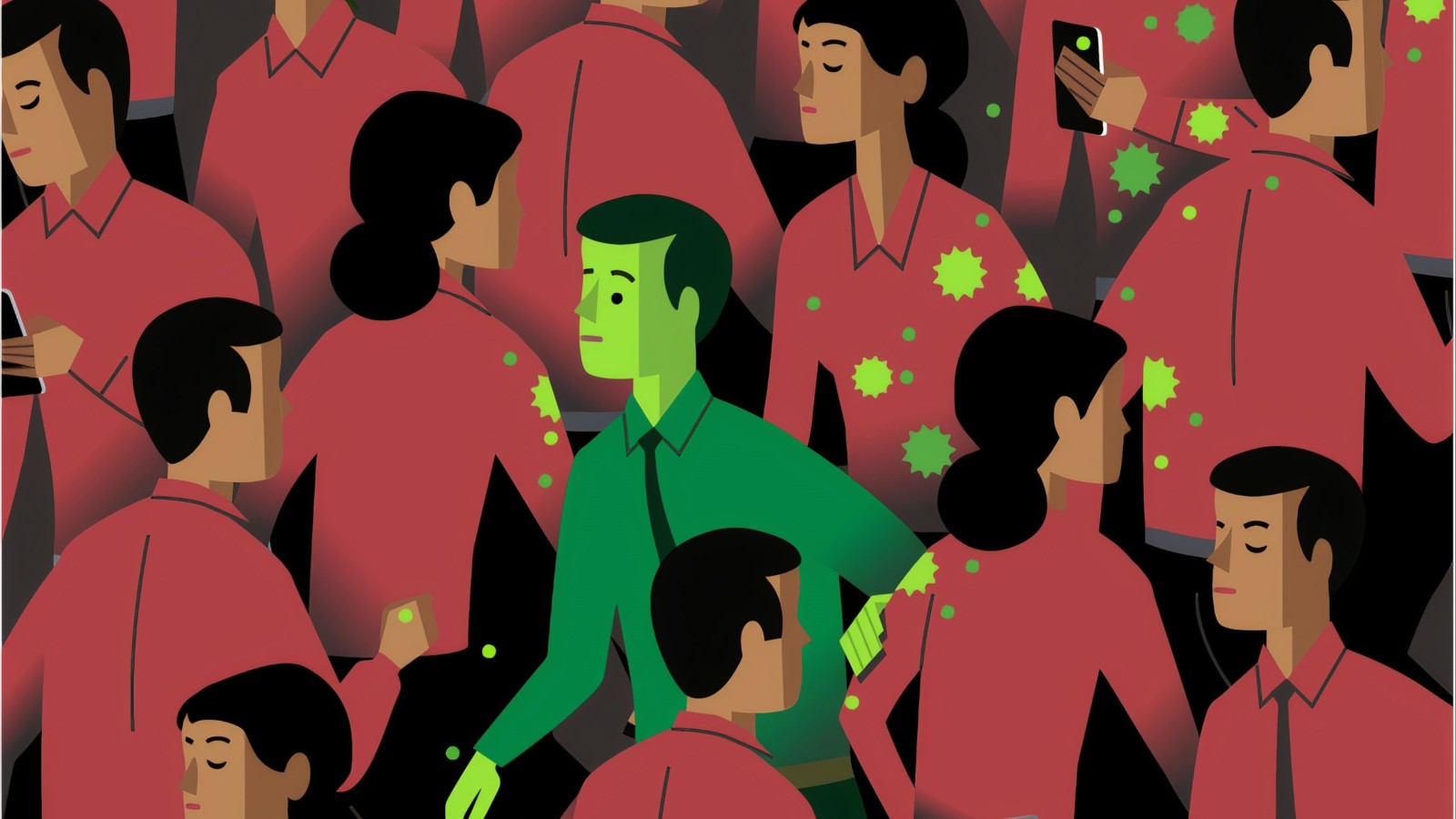Historically speaking, humanity doesn’t have a great record of following health and safety advice. It took us decades to change our attitudes towards regularly washing our hands, getting vaccinated or quitting smoking. However, in an encouraging departure from that tradition, COVID-19 has transformed our approach to hygiene and sanitation practically overnight!
Six months since India’s first lockdown, face-masks, hand hygiene and physical distancing have seamlessly merged into our daily routines. The realisation that hygiene and sanitation is OUR responsibility, not just the government’s, influences our actions and choices today. It hasn’t been easy, but somewhere between attending remote meetings, home-tutoring kids, and ordering groceries online, we’re taking back control of our safety and well-being.
This important perspective shift in Indian society was also the focus of Thrive Global and Business Insider India’s recent virtual panel discussion on simplifying safety in the post-COVID world.
Communities need to lead the battle
Talking about how sanitation initiatives correlate strongly with better health and economic outcomes, public health and bioethics researcher and trainer Dr Anant Bhan praised initiatives like Swachh Bharat. He also cautioned that India’s new push towards hygiene and sanitation needs to go beyond COVID-19, while having community ownership at its heart.
“A community-led health response is more effective than a medical or policing-based response alone. Examples can be seen in Kerala and Northeast India, where communities are taking ownership of hygiene in their homes and immediate environment,” he told Thrive Global’s Dr Marcus Ranney, who moderated the panel discussion.
Dr Naresh Kumar Mani, Assistant Professor in the Biotechnology department of the Manipal Institute of Technology, termed the unprecedented COVID-19 situation a “blessing in disguise”.
“There is more awareness about safety measures like access controls, temperature checks and hand-sanitation. It is now up to people to follow these safety protocols to avoid further transmission. It is the least we can all do for the benefit of society,” he said.
Quality standards need to be upheld
While the panellists hailed the positive changes on the ground, they also raised quality concerns over some of the hygiene and safety products that have flooded the market in recent months.
Revealing that India’s health security market has grown to Rs 400 crore, Mehernosh Pithawalla, Vice President, Godrej Security Solutions said that ensuring quality-control of safety and hygiene-related products is critical. “For instance, recent news reports say that approximately half the hand sanitisers in the Indian market are adulterated,” said Pithawalla, adding that similar concerns apply to technologies like UV-C boxes and cases that promise to kill SARS CoV-2 viruses present on household objects like food items, mobile phones, cash, toys, clothes, packages, etc.
UV-C technology, which refers to short-wavelength ultraviolet light, certainly adds a new dimension to simplifying safety during the pandemic, especially when it comes to surfaces (fomites) like the ones mentioned above. However, the technology itself is not new. It has been used to kill or deactivate harmful pathogens in water, surfaces and air for around 40 years.
UV-C boxes and cases have also shown effectiveness in eliminating the SARS CoV-2 virus responsible for COVID-19. However, since UV-C radiation is harmful to humans, buyers need to be careful about the quality of the product and the certifications obtained by the manufacturer. In India, CSIR is the only laboratory competent to certify UV-C gadgets.
So what do UV-C products look like? Business Insider India’s technology expert Ashwin Raghunath, who reviewed Godrej’s recently-launched UV Case, likened it to a microwave oven. “The object to be sanitised—groceries, phone, cash, etc.—goes into the middle and the device is closed. It is then treated under UV lights situated above and below. The whole process takes 6-8 minutes,” he said, adding that features like auto shut-off make the device safe even for families with young children.
But given the large number of UV-C products flooding the market, buyers need to exercise some precautions. The most important one is to insist on a product with CSIR certification. According to Pithawalla, certification has three benefits: it ensures that the object to be sanitised gets the right dosage of UV light from all directions; it serves as a guarantee of the product being leak-proof (and therefore safe); and it also implies better build quality—namely through the use of aluminium reflective panels that allow for optimal UV-C coverage at all times.
While fomite-based transmission of COVID-19 seems to be less common than droplet-based transmission, observing caution is important. “The coronavirus can remain viable on surfaces for periods from a few hours to a day or more. Hence, we should be careful about the objects we touch or bring home from outside. These hygiene measures are not just important for SARS CoV-2, but other infectious illnesses too,” concluded Dr Bhan.
As the discussion drew to a close, the experts agreed that the best safety mechanisms are the ones we actually use. Whether it is technologies like UV-C, or even face-masks and hand-sanitisers, the key lies in consistent implementation. To beat this hardy virus at its own game, all of us have to be resilient and uncompromising about our own safety and that of our loved ones.


